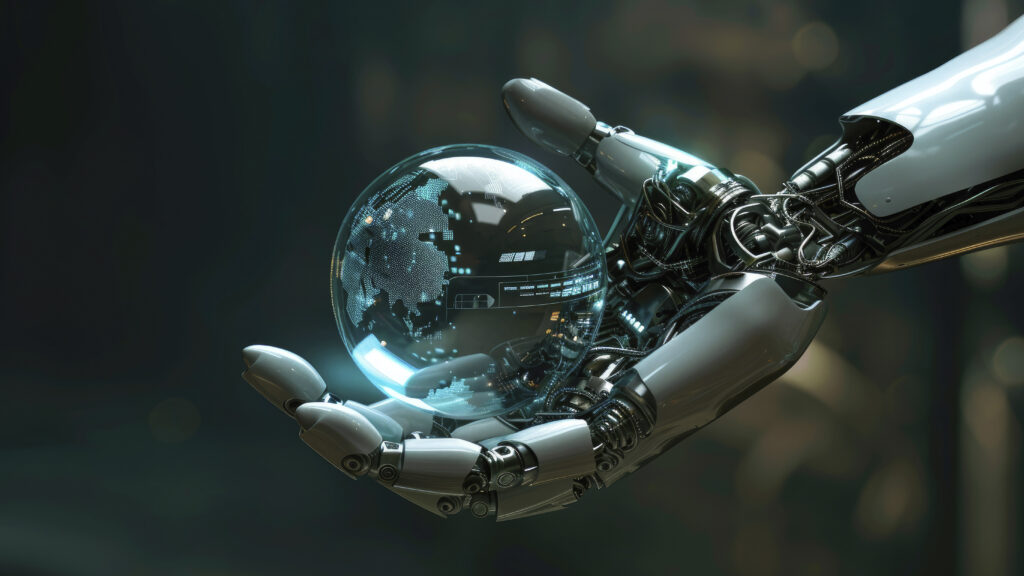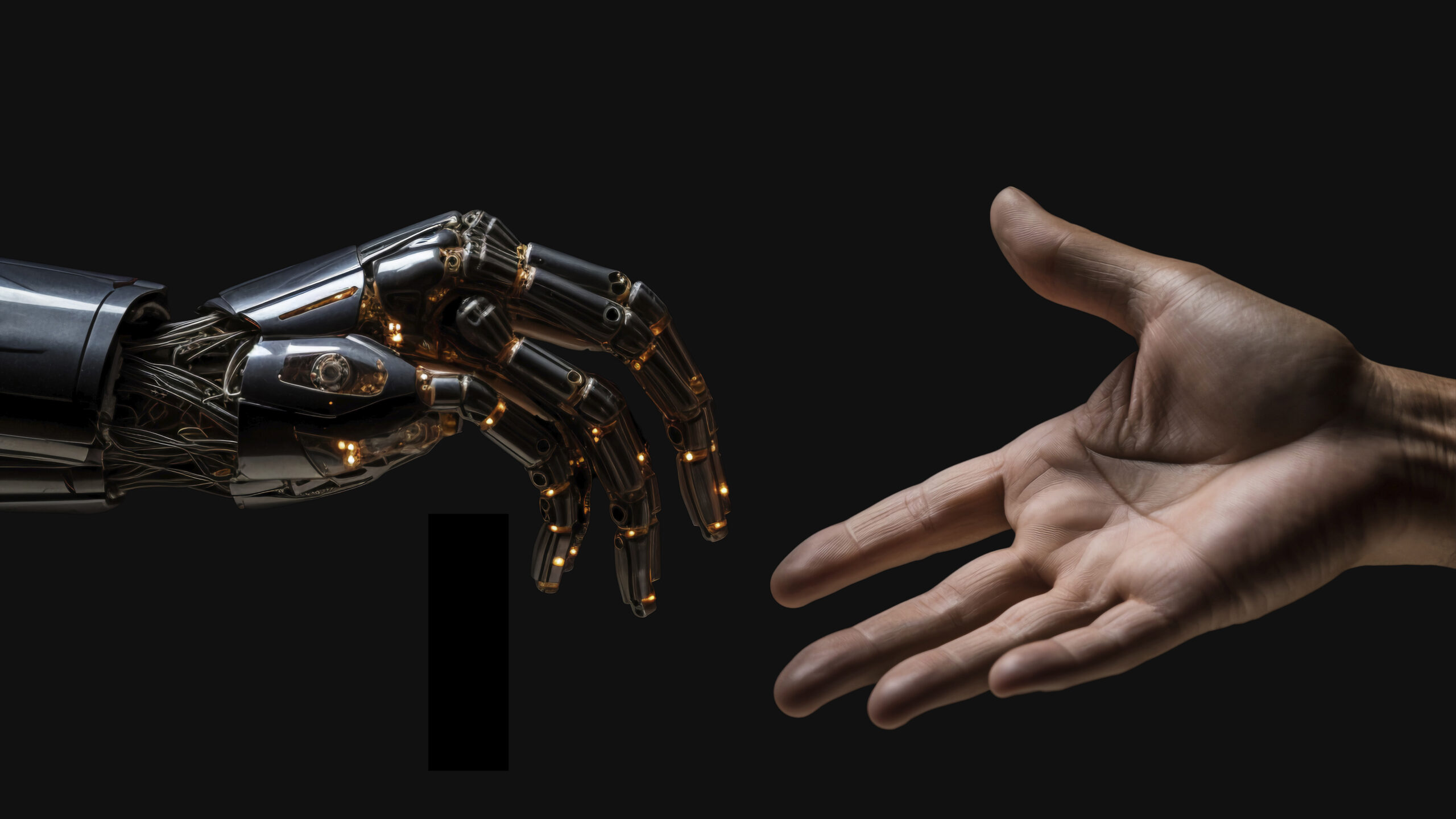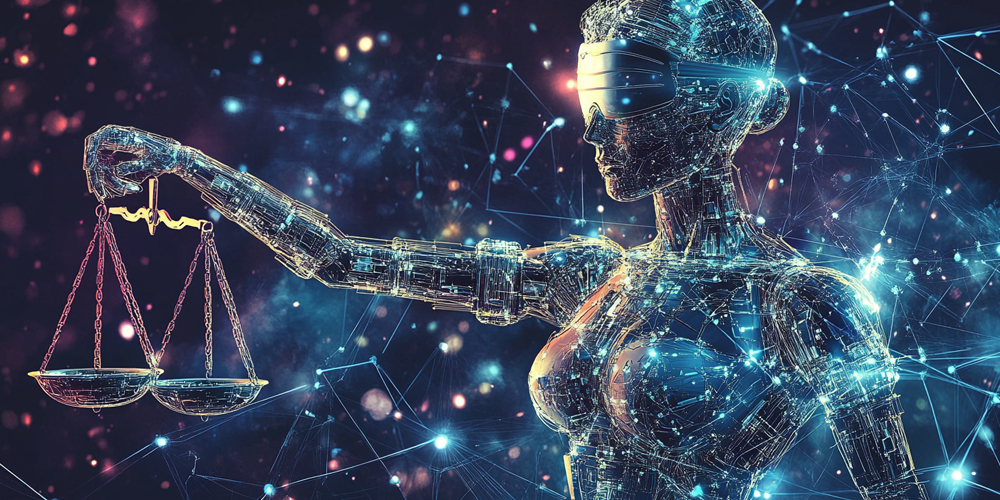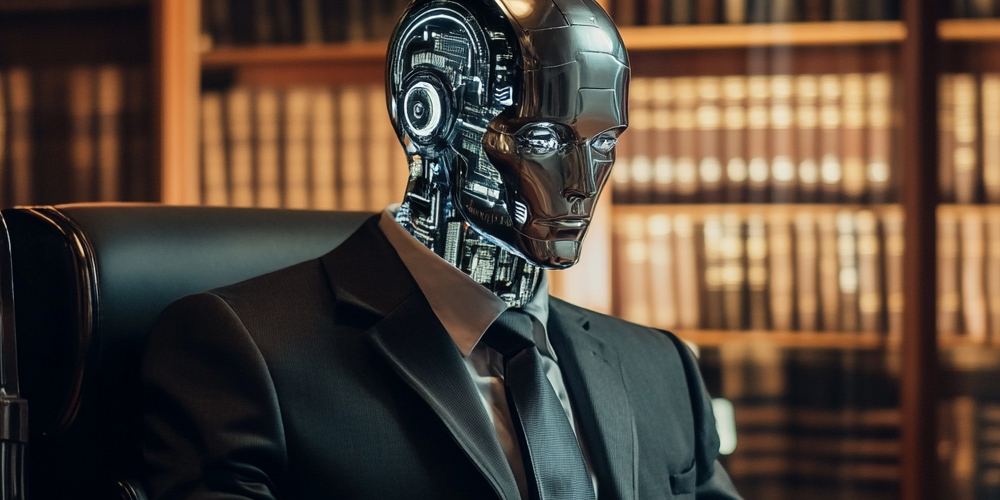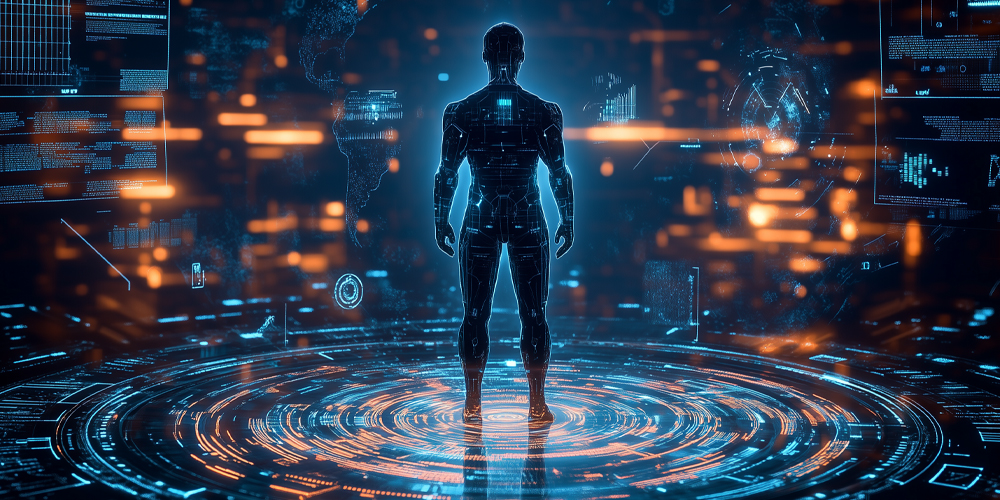The Future of Artificial Intelligence: What’s Next?
As artificial intelligence (AI) continues to advance rapidly, many wonder what the future holds for this groundbreaking technology. From autonomous vehicles to smart homes, AI has already made significant inroads into daily life. However, its potential is far from fully realized. In the coming years, artificial intelligence is expected to revolutionize various industries, enhance productivity, and even reshape how we think about work and creativity.
The Growth of Artificial Intelligence Technology
Over the last decade, artificial intelligence technology has evolved from simple rule-based systems to highly complex algorithms capable of learning and adapting autonomously. Machine learning, a subset of artificial intelligence, enables systems to improve their performance based on data without the need for explicit programming. This has led to the development of more advanced applications in areas such as healthcare, finance, and education.
The exponential growth of machine learning and artificial intelligence is primarily driven by the increasing availability of data and improvements in computational power. With massive datasets now accessible for training artificial intelligence models, these systems can make more accurate predictions and provide insights that were once unimaginable.
Applications of Artificial Intelligence in Various Industries
The applications of artificial intelligence are virtually limitless. Today, artificial intelligence is being used to automate tasks, improve decision-making processes, and provide personalized experiences across multiple industries. Below are some of the most promising areas where artificial intelligence is making a significant impact:
1. Healthcare
Artificial intelligence is revolutionizing the healthcare industry by improving the speed and accuracy of diagnoses. For example, AI-driven tools can analyze medical images, such as MRIs and X-rays, more effectively than human doctors in some cases. This allows for earlier detection of diseases, which can lead to better patient outcomes. Moreover, artificial intelligence in healthcare is being used to develop personalized treatment plans, predict disease outbreaks, and even assist in drug discovery.
2. Finance
In the financial sector, artificial intelligence is transforming how businesses operate. From fraud detection to algorithmic trading, AI systems are able to process vast amounts of financial data in real-time, making quick decisions that would be impossible for humans. AI-driven tools are also being used to assess credit risk and provide more accurate financial forecasts. The use of artificial intelligence in finance is expected to grow even further as the technology matures.
3. Education
Artificial intelligence is helping educators tailor lessons to individual students’ needs by providing personalized learning experiences. For instance, AI-driven systems can analyze students’ performance data to identify areas where they may need additional support. Moreover, artificial intelligence in education is being used to automate administrative tasks, freeing up more time for teachers to focus on instruction.
4. Retail
Artificial intelligence is transforming the retail sector by offering personalized shopping experiences. Online retailers are using AI to recommend products based on users’ browsing histories and previous purchases. This type of AI-driven personalization enhances the customer experience and increases sales by providing more relevant product suggestions.
Opportunities in Artificial Intelligence
While artificial intelligence presents challenges, the opportunities it brings are even more compelling. By leveraging artificial intelligence, businesses can improve efficiency, reduce costs, and innovate in ways that were previously impossible. Below are some of the most exciting opportunities in artificial intelligence:
1. Enhancing Productivity
One of the key advantages of artificial intelligence is its ability to automate repetitive tasks, allowing workers to focus on more complex and creative projects. For example, AI-powered chatbots can handle customer inquiries, freeing up human agents to resolve more pressing issues. Moreover, AI-driven analytics tools can help businesses gain insights into their operations, enabling them to make data-driven decisions more efficiently. As artificial intelligence becomes more integrated into the workforce, productivity is expected to increase dramatically.
2. Advancing Scientific Research
Artificial intelligence is being used to accelerate scientific research in fields such as drug discovery, climate change, and space exploration. For example, AI-driven algorithms can analyze complex datasets much faster than traditional methods, allowing researchers to uncover new insights and make discoveries more quickly. The use of artificial intelligence in scientific research is poised to drive innovation and lead to breakthroughs in a variety of fields.
3. Driving Innovation in Customer Service
Customer service is another area where artificial intelligence is making a significant impact. With the ability to handle a high volume of inquiries simultaneously, AI-powered chatbots are becoming increasingly common. These systems can provide real-time responses to customer queries, reducing wait times and improving overall satisfaction. As AI technologies continue to evolve, artificial intelligence in customer service is expected to become even more advanced, offering more human-like interactions and resolving issues more effectively.
The Ethical Implications of Artificial Intelligence
As artificial intelligence becomes more widespread, it raises important ethical questions. Who is responsible when an AI system makes a decision that harms an individual or group? How can we ensure that AI systems do not reinforce existing biases in society? These are just a few of the ethical dilemmas that must be addressed as artificial intelligence continues to evolve.
1. Algorithmic Bias
One of the biggest ethical concerns with artificial intelligence is the potential for algorithmic bias. Because AI systems learn from data, they can inherit the biases present in that data. This can lead to discriminatory outcomes, particularly in areas such as hiring, law enforcement, and lending. To address this issue, developers must ensure that AI systems are trained on diverse and representative datasets, and that they are regularly audited for fairness.
2. Data Privacy
Artificial intelligence relies on vast amounts of data to function effectively, raising concerns about data privacy and security. For example, AI-driven systems in healthcare may need access to sensitive patient information, which could be at risk of a breach. As artificial intelligence becomes more integrated into society, it will be crucial to develop policies that protect individuals’ privacy while allowing businesses to harness the power of data. Striking the right balance between privacy and innovation will be a key challenge in the coming years.
The Future of Work in an AI-Driven World
The rise of artificial intelligence is likely to have a profound impact on the workforce. As more tasks become automated, workers will need to adapt to new roles and responsibilities. While some jobs may be displaced by artificial intelligence, new opportunities will also emerge, particularly in fields related to AI development and management. Preparing workers for these changes will be crucial to ensuring a smooth transition into an AI-driven economy.
1. Job Displacement and Creation
One of the most commonly discussed impacts of artificial intelligence is job displacement. As AI systems become more capable of performing tasks previously done by humans, certain roles may become obsolete. However, artificial intelligence is also expected to create new jobs in fields such as AI development, maintenance, and oversight. By focusing on upskilling and reskilling workers, businesses can help employees transition into these new roles.
2. Lifelong Learning
In an AI-driven world, the concept of lifelong learning will become increasingly important. As artificial intelligence continues to evolve, workers will need to continuously update their skills to stay competitive in the job market. This may involve taking advantage of online courses, certifications, and other learning opportunities to stay informed about the latest advancements in artificial intelligence and related technologies.
Conclusion
The future of artificial intelligence is filled with both promise and uncertainty. While the technology has the potential to transform industries, improve productivity, and drive innovation, it also raises important ethical and societal questions. By addressing these challenges and embracing the opportunities presented by artificial intelligence, we can ensure a future where this groundbreaking technology benefits everyone. As we look ahead, it is clear that artificial intelligence will play a central role in shaping the future of our world.
